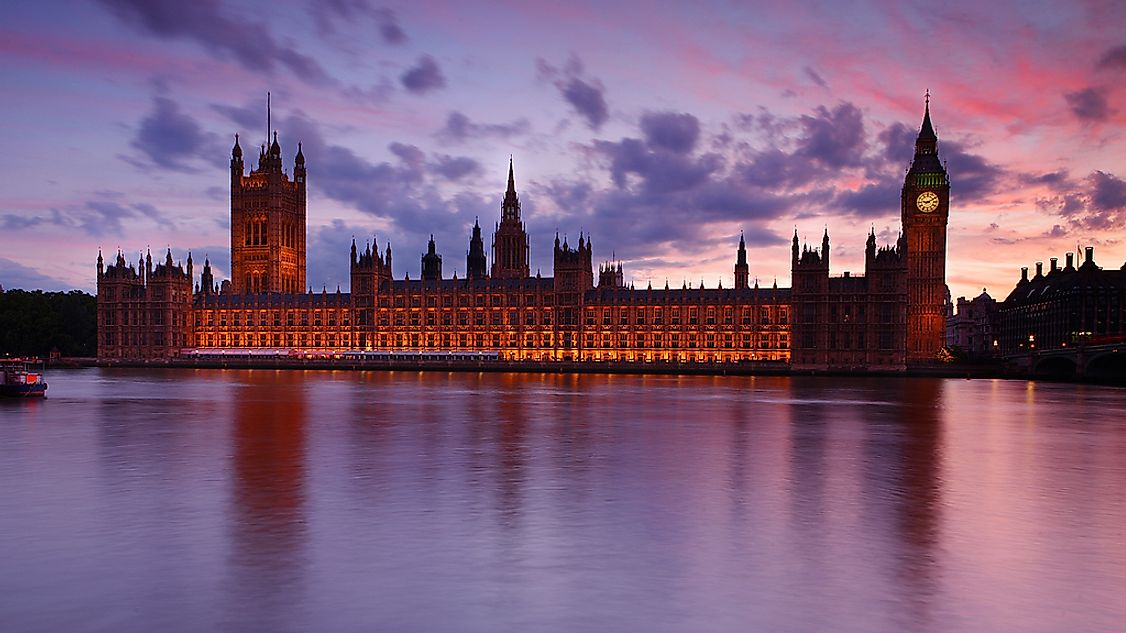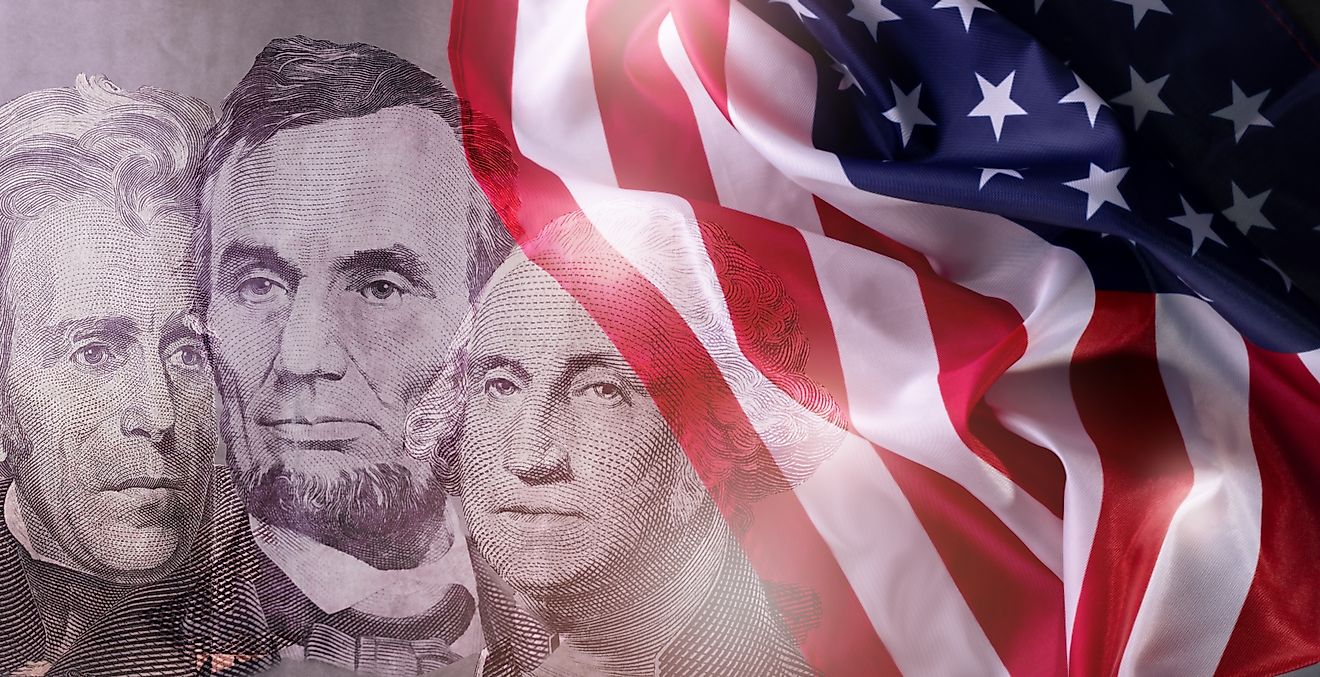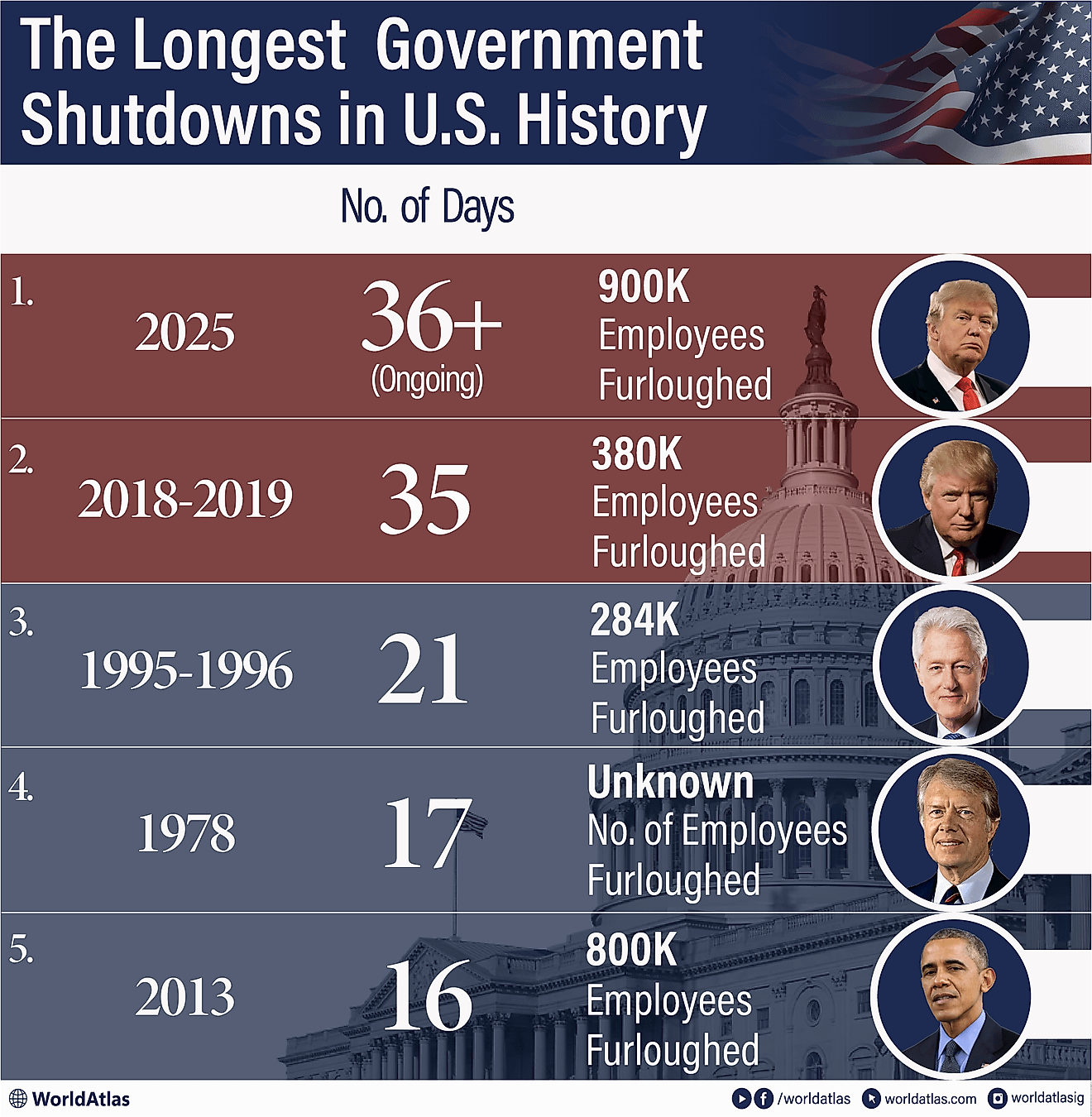What Type Of Government Does The United Kingdom Have?

The British government, commonly known as "Her Majesty’s Government", is the central government of the United Kingdom. The government is headed by the prime minister who appoints other ministers. The premier and other senior ministers form the Cabinet which is the top-most decision making committee. The ministers are accountable to the Parliament which they also sit in while the government is dependent on the Parliament for policy making. The UK’s general election is held after every five years to elect the House of Commons. The monarch selects as prime minister the person who commands a majority of support in the House of Common. The United Kingdom is a member of the Commonwealth.
The Government And Parliament Of The United Kingdom
The Government of the United Kingdom is accountable to the Parliament, a principle known as "responsible government". The monarch does not make an open political decision, but all the decisions are made by the Parliament and the government. The Parliament of the UK has two levels: House of Lords (Upper) and the House of Commons (Lower). The House of Commons is more powerful and can overrule the amendments of the House of Lords. While the upper house can introduce bills, most of the important bills are submitted by the lower house of which the majority of the bills in the lower house are presented by the government. The Ministers of the Crown are expected to make statements and take questions from members of the houses they are sitting in. The most senior ministers prefer the House of Commons to the House of Lords. The government is expected to maintain the confidence of the House of Commons since it requires its support for the passing of primary legislations. If the government loses the confidence of the lower house, it is forced to either resign or a General Election is held. The members of Parliament have an opportunity to put the premier to account during the Prime Minister’s Question Time (PMQs).
The Central Government Of The United Kingdom And The Crown
The prime minister heads the central government of the UK. The monarch, who is currently Queen Elizabeth II, is the head of state. She plays a minor role in governing the country with the Crown remaining the source of the executive power exercised by the government. The Crown possesses the Royal Prerogative which can be exercised for several purposes including issuing and withdrawing passports and declaring war against an external enemy. Most of the Royal Prerogative powers are delegated to various ministries who can use them without seeking the consent of parliament. The premier, who is the head of the UK government, has a weekly meeting with the Queen where the queen can express her views on Government matters. The meetings are strictly confidential. The ministers work in hand with 560,000 civil servants across the 24 ministerial departments. An additional 26 non-ministerial departments are also in charge of different responsibilities. The UK government is also composed of three levels of elected local authorities. The local authorities are limited to collecting taxes and are supervised by the central government.
The Limits Of Power Of The Government Of The United Kingdom
The official bodies like the local authorities and judges are independent of the government powers. Diplomats and EU official are immune from persecution in the UK for any offence. The monarch is also immune from any criminal persecution and may only be persecuted upon her permission. The Monarch is also exempted from paying taxes and rates. The central and local governments are not permitted to sue anyone for defamation.











